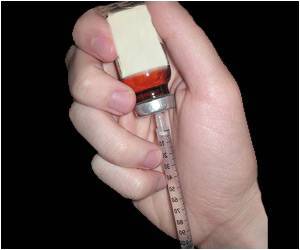A US researcher at work developing a vaccine for the swine flu said he hopes to have it ready for testing in mice in two to three weeks.
A US researcher at work developing a vaccine for the swine flu said he hopes to have it ready for testing in mice in two to three weeks.
Purdue University professor Suresh Mittal said the vaccine could be ready for production in a few months."We would like to have a vaccine in two to three weeks to start testing in mice," said Mittal, a professor of comparative pathobiology in the School of Veterinary Medicine.
Mittal and collaborators at the Centers for Disease Control and Prevention will use a method he developed for dealing with the H5N1 bird flu to accelerate work on the H1N1 swine flu.
They will use a common cold virus to carry a gene of the H1N1 flu virus and stimulate cells to create both antibodies and cell-based protection that will guard against mutated forms of the flu virus.
"The adenovirus is incapable of replicating and does not seem to cause disease in humans," Mittal said in a press release.
"That makes it a suitable virus to work with for flu vaccines."
Advertisement
A number of different institutions, both private and public, are working on the development of a vaccine for swine flu.
"If things go well, and we achieve full scale production, it will be several months until the vaccine will be available," a spokesman for the CDC cautioned.
Source-AFP
LIN













